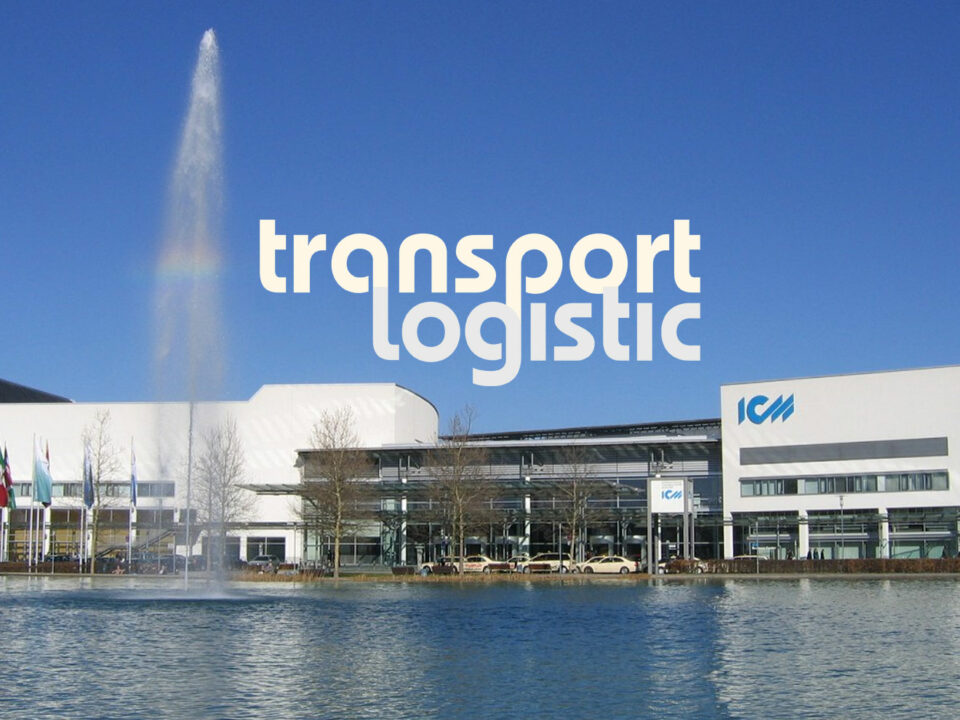Tight-flow logistics and its impact on transport
One of the challenges a transport company may face is that of supplying a production line that employs tight flow logistics. But what does this mean? This methodology seeks to avoid the warehousing process by directly supplying materials or components at the moment of product manufacture. It requires close cooperation with a transport that achieves maximum coordination and flexibility.
Tight-flow for the organisation of work is becoming increasingly popular in industries looking to reduce warehousing costs, but it involves a perfectly coordinated collaboration with transport companies.
Using this system has several advantages, as direct supply to production and sales points reduces costs. However, it is also important to bear in mind that the logistical demands can lead to higher transport costs, so choosing the right service is critical.
The challenges of tight-flow in transport
Tight-flow, or just-in-time logistics, aims to reduce overstocking and the work of storing, sorting and retrieving resources. To achieve this, demand must be supplied as accurately as possible in real time, which requires perfection in the execution of the transport chain.
Tight-flow, or just-in-time logistics, aims to reduce overstocking and the work of storing, sorting and retrieving resource
Processes such as forecasting demand, sales, costs and profits must, in many cases, be agreed upon in order to establish a common strategy. In addition, it is necessary to adapt to unforeseen events on the spot.
Whatever the nature of the unforeseen event, it is important to have a shipping provider capable of providing ground transport solutions or air service, depending on the situation, to help overcome any obstacles in real time.
Success cases at HTG Express
The application of the tight-flow methodology is a challenge in terms of organisation and execution, as it requires adaptation to the particularities of each industry. HTG Express’ experience in this type of delivery has been proven, as professionals from different sectors acclaim.
- Keep the goods insured:
Valentina R., a manager in the automotive industry, sums it up as follows: ‘Transport can be affected by unforeseen events from the moment a product leaves the point of origin. This can mean loss of cargo value, liability and other disruptions. That’s why there are times when we prefer to take out insurance with HTG Express. The peace of mind pays off, as well as saving hassle and extra work’.
- Shipping non-standard packaging:
Adapting to the particularities of the product is very important to George C., logistics manager at a machining company: ‘These are often expensive, bulky parts that cannot be palletised and whose transport requires the greatest of care. That’s why I prefer the security of someone who already handles these transports, such as HTG Express. With a simple phone call, they can provide the most suitable solution’.
- Roadside assistance: rescuing goods from a broken-down vehicle
This is one of the scenarios that Claudia F., head of an automotive-related company, has to deal with on a regular basis. Having a good logistics partner is a lifesaver in critical situations. Some time ago we were at risk of a chain stoppage because one of our line trucks had broken down. I called HTG Express and they immediately located a vehicle nearby, transhipped some of the goods and brought them back to us on time.’
Only a highly adaptable and experienced shipping system is able to successfully meet the demands of the tight-flow logistics. Experienced professionals in industrial express transport, such as HTG Express, are a guarantee against any unforeseen event or problem in a constant and adapted supply process.



